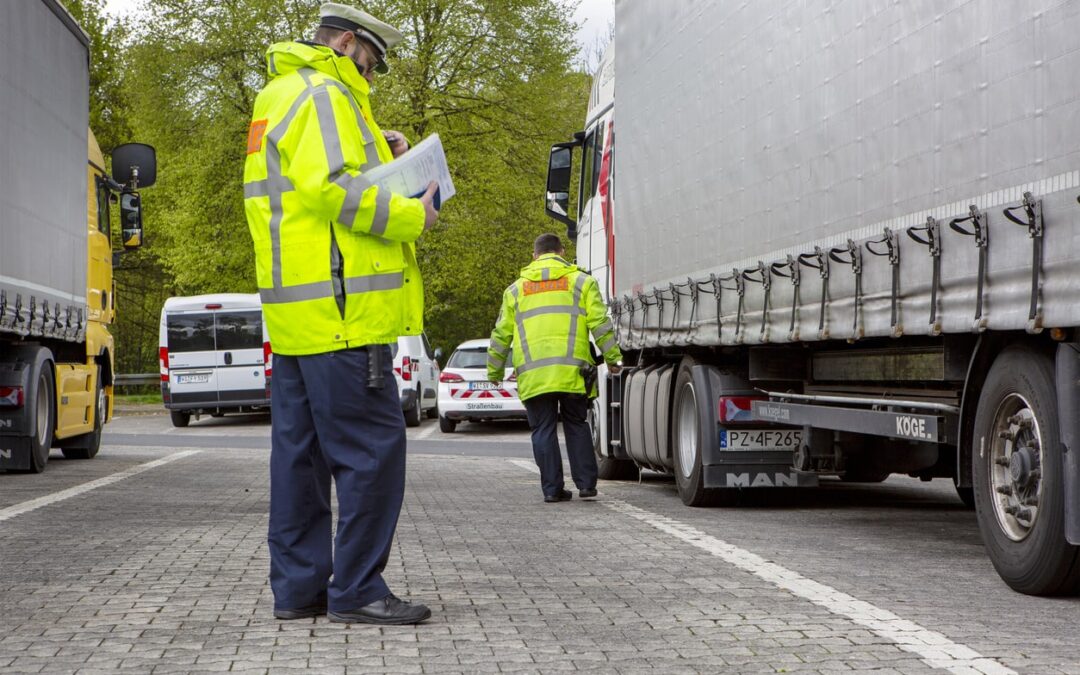Ensuring safety in road freight operations is paramount for protecting drivers, cargo, and other road users. By implementing best practices, companies can mitigate risks, prevent accidents, and maintain efficient logistics operations. Here are some crucial safety measures for road freight transportation:
Comprehensive Vehicle Inspections
Conducting thorough vehicle inspections before each journey is essential to identify and address any potential issues. Drivers should follow a detailed checklist to examine critical components such as brakes, tires, lights, mirrors, and load securement systems. Regular maintenance and prompt repairs can prevent breakdowns and accidents on the road.
Proper Load Securement
Improperly secured or unevenly distributed cargo can lead to dangerous shifts during transit, causing accidents or damage. Drivers must ensure that loads are evenly balanced, within weight limits, and adequately secured using appropriate restraints and lashing techniques. Following industry guidelines for cargo securement is crucial for maintaining load stability.
Driver Training and Awareness
Continuous training and education are vital for promoting safe driving practices among road freight operators. Drivers should receive comprehensive training on defensive driving techniques, hazard recognition, load securement, and emergency protocols. Regular refresher courses and assessments can reinforce safe behaviours and keep drivers updated on industry best practices.
Fatigue Management
Driver fatigue is a significant contributor to accidents in the road freight industry. Companies should implement strict policies and procedures to manage driver fatigue, such as enforcing maximum driving hours, mandating rest breaks, and providing adequate facilities for rest and recuperation.
Communication and Coordination
Effective communication between drivers, dispatchers, and other stakeholders is essential for safe operations. Drivers should promptly report any issues, route changes, or safety concerns to ensure timely response and coordination. Clear communication protocols and real-time tracking systems can enhance situational awareness and enable proactive decision-making.
Emergency Preparedness
Road freight companies should have comprehensive emergency response plans in place to handle accidents, breakdowns, or other critical situations. Drivers should be trained on emergency protocols, including how to secure the scene, contact emergency services, and provide accurate location information. Carrying essential safety equipment, such as fire extinguishers, warning triangles, and first aid kits, is also crucial.
By prioritising safety through comprehensive measures, road freight companies can protect their drivers, cargo, and reputation while contributing to a safer transportation ecosystem for all road users.

